‘The most magical thing to experience’: Presenter Emma Willis on helping to deliver babies
The TV presenter speaks to James Rampton about her not-so-surprising career change, earning her stripes on the maternity ward and supporting her patients during the pandemic

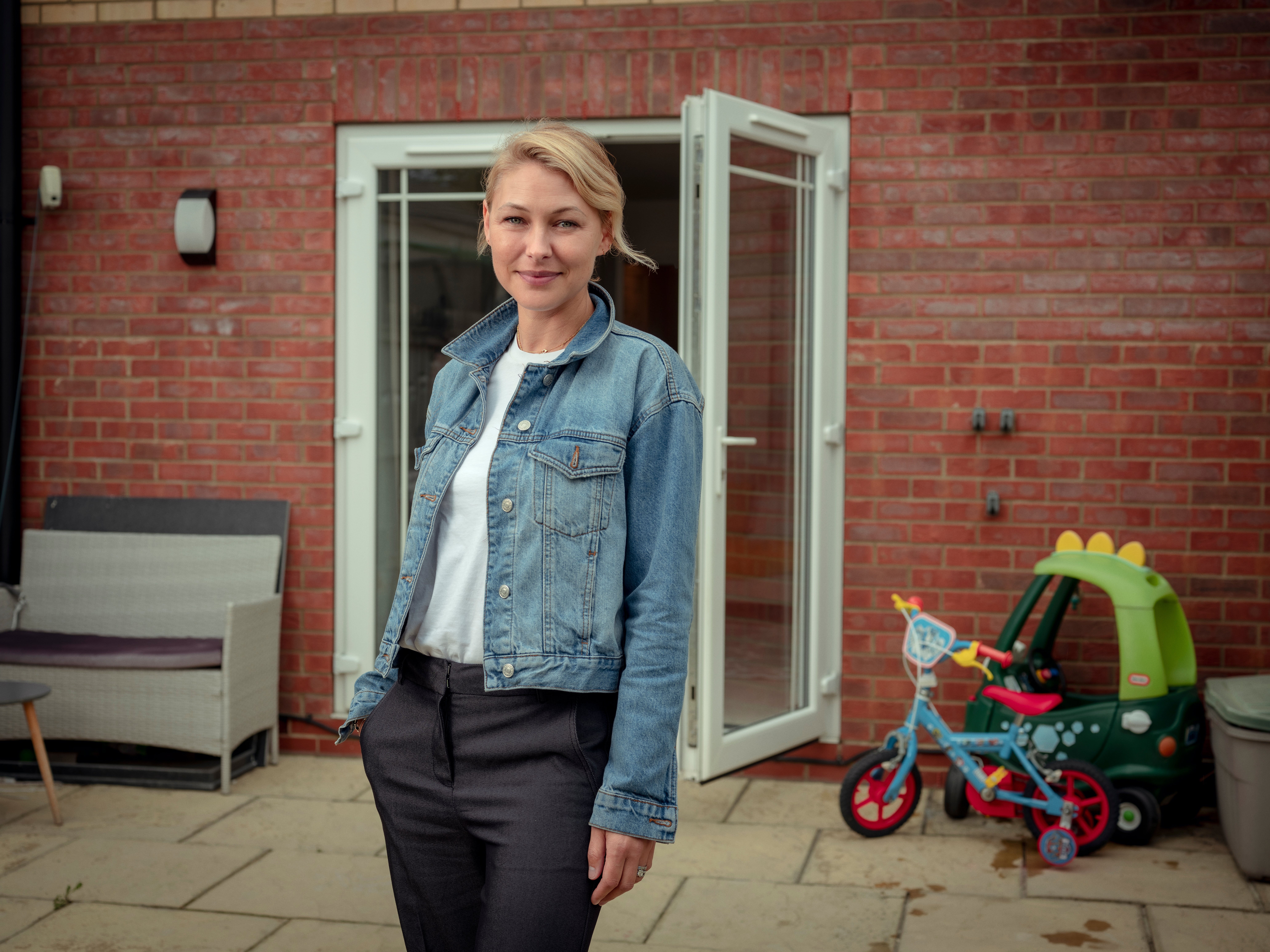
TV presenter Emma Willis can scarcely believe her luck: she gets to work with the great Sir Tom Jones every week on ITV’s The Voice. “He is an actual legend,” beams Willis, who has fronted the talent show since 2014.
“His voice is still amazing. He just sits there and belts out songs on a clip mic with no warm-up. He just gets better and better.”
The 44-year-old, who is married to Matt Willis, the vocalist from the pop band Busted, tells me that “the other week, Tom had a message on the show from Stevie Wonder.
“When they filmed it, I missed it. Because of Covid restrictions, when I'm not filming, I have to go and sit by myself, so I can't hear what the others are talking about. So I missed the whole Stevie Wonder thing. But when we watched it the other night, Matt and I just sat there crying our eyes out!”
For all that, Willis confesses that there is one thing even more joyous than working with Jones: delivering a baby. “Tom wouldn't mind me saying that because he's witnessed birth himself. He knows how magical it is. But,” she adds hastily, “Tom Jones is very magical, too!”
The presenter, who has three young children herself, says: “Of course, nothing can compare with it because it's a human life coming into the world.
“No matter how dramatic that birth has been, as long as everything is OK, then it is the most phenomenal thing to witness. It changes you. It's also the most magical thing to experience, although it's pretty painful – that dents the magic slightly!”
She adds: “There is just nothing like that immediate golden-hour bubble that you have straight after birth. Your wedding day is pretty spectacular, but nothing like the birth of your kids.”
Willis knows this well. She has been on hand at an awful lot of births recently. Three years ago, the former model and presenter of such high-profile light entertainment shows as Big Brother and The Circle alongside The Voice, made a surprising career change.
She undertook rigorous training at the Princess Alexandra Hospital in Essex and is now a fully qualified maternity care assistant (MCA). Consequently, she is able to assist midwives in the delivery room. It's a terrific achievement.
Her sterling efforts as an MCA so far have been captured in two seasons of Emma Willis: Delivering Babies on the W Channel. A third series begins at 10pm on Monday 15 February.
At first blush, this career move may seem rather startling – a bit like hearing that Ant and Dec have retrained as brain surgeons. On closer inspection, however, this professional shift is not quite such a surprise.

Long before TV was even a twinkle in her eye, Willis' first ambition was always to work as a medic. Both her parents worked for the NHS – her mother was an MCA and then an operating theatre assistant and her father was a postman at Good Hope Hospital in Birmingham.
“I'd always expected to work within a hospital in some way, shape or form, because it's just what I'm intrigued by and what I love. If there's a medical programme on the telly, I'm watching it. I watch all of them, I just love them. My mum worked in the NHS for 40 years, and Dad worked in the NHS, too. So it's what I grew up with.”
At first, Willis recollects, she was very taken with the idea of surgery. “I quite liked the idea of grit and blood and fixing things and looking in things. I was quite fascinated by all of that. As a teenager and a young woman, having not had babies, I never thought about midwifery, because it didn't seem quite as spectacular.

“But then I had a baby, and I realised how spectacular giving birth is, but also what midwives do to support you during the most vulnerable time in your life.”
That was the eureka moment for Willis. “I thought, 'Right, I would love to be a midwife'. I just wanted to witness birth. I wanted to see it because even though I'd had babies, I couldn't really see what was going on! I wanted to have a look, quite frankly, and I couldn't! So having babies made me really appreciate what midwives do.”
After many months of intensive graft during training, Willis was still very nervous when she showed up for her first shift at the maternity unit three years ago. She was concerned that her colleagues would see her as some sort of showbiz dilettante.
But Willis' hard work on the ward, including a great deal of deep cleaning, soon won over any sceptics. “I don't feel like an impostor anymore.
“It's actually quite nice because a few of the people I work with have said to me, 'Yeah, we expected you to turn up, do bit filming and then bugger off home. We thought you'd be a part-timer. We can't believe you are actually mopping the floors!' You can't just turn up and pretend – you've got to do it for real.”
And Willis certainly did do it for real. “It's a bloody hard job. I've seen my mum do it for years, and I know how hard she worked.”
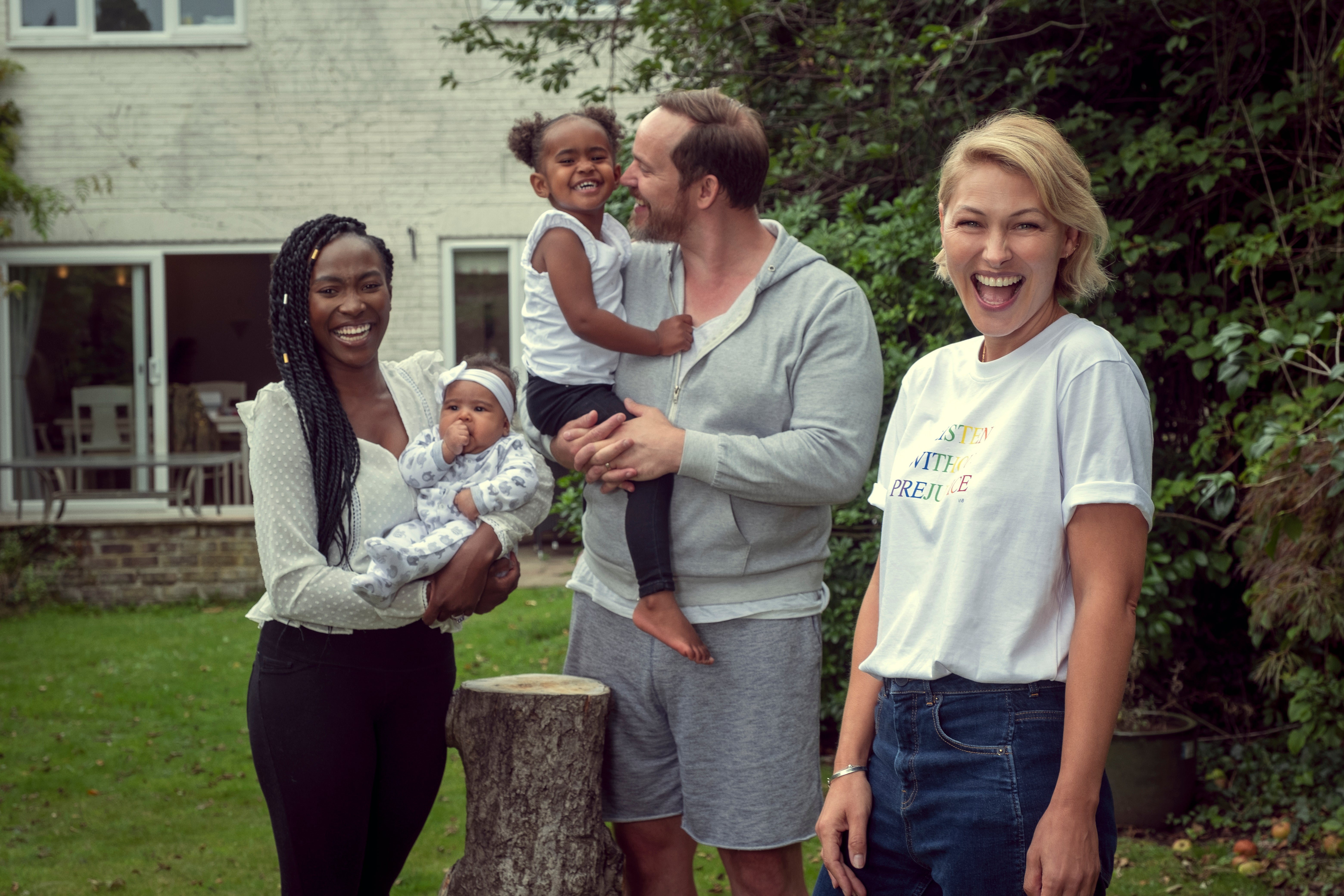
All the same, “I'll never forget that first day on the ward. When I got into bed that night, I said to Matt, 'I feel like my back's broken, it really does'.
“Just being on your feet for an entire shift is hard work enough – and then you've got everything else on top of that. And so I take my hat off to to anyone who works in hospital.”
However, the challenges of delivering babies are even steeper now. In the past year, expectant mothers and midwives have had to come to terms with childbirth during a pandemic.
There is just nothing like that immediate golden-hour bubble that you have straight after birth. Your wedding day is pretty spectacular, but nothing like the birth of your kids
In her four-part series, which was filmed adhering strictly to social distancing rules, the presenter recounts the stories of families whose birthing plans have been torn up by lockdown.
Via Zoom, she assists parents-to-be across the country as they prepare to welcome their baby into a world that's been turned upside down. Willis is there to offer guidance on everything from breastfeeding and sleep routines to maintaining a healthy mindset and ensuring that an older sibling bonds with the new baby.
The presenter really feels for these women. “When you talk about challenges, everything seems a little bit fluffy compared to the world we're living in now. But it really is challenging for women actually experiencing pregnancy and childbirth during a global pandemic. Pregnancy is a nerve-wracking enough time as it is.
“There is all the worry that comes with that. Am I doing things right? Should I be doing that? That's already there in you because all you want to do is protect the baby, do everything right and have a happy outcome.”
But, she continues, “Chuck in a massive global pandemic on top of that, and everything goes out of the window. You might not necessarily be a naturally anxious person, but all of a sudden you are because you're going into an environment where that virus is rife.
“You're thinking, 'Am I going to get infected whilst I'm there?' And that is absolutely terrifying. I know it would be my number one concern if I were having a baby during the pandemic.”
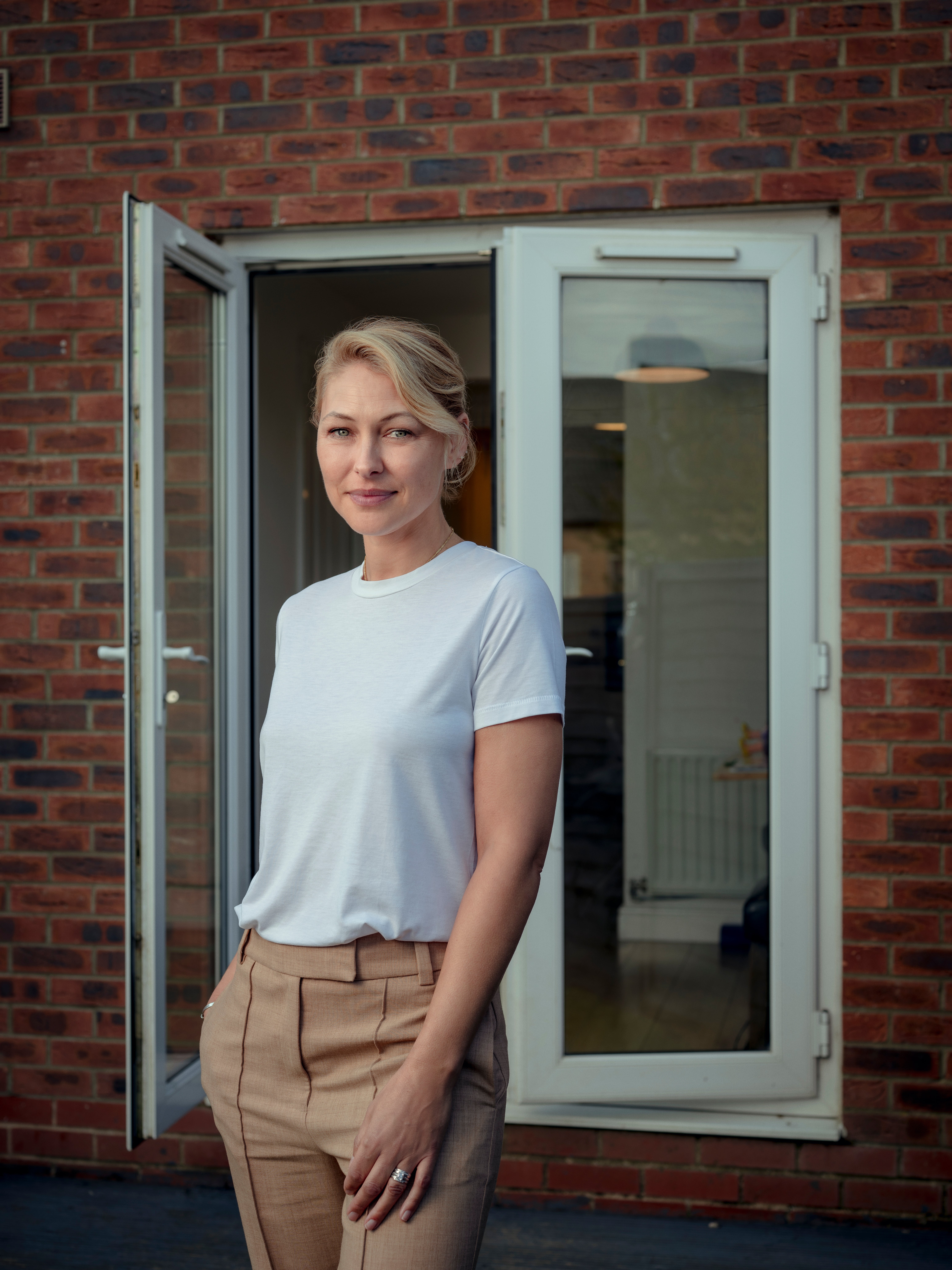
The virus is, of course, a clear and present danger in a maternity unit – not only to pregnant women, but also to midwives. Willis has talked to her former colleagues at the hospital and says: “It is terrifying for them because you can't see the virus, and you don't know if somebody has got it because they may be asymptomatic.
“At the beginning of the pandemic, there was no testing, and the midwives were really, really scared. The wards, they said, were just totally different places. It was like going back in time because you never used to have partners there all the time.”
Those midwives, though, simply have to keep going – births don't grind to a halt just because there is a pandemic. “It's all just carrying on,” says Willis. “The rest of the NHS isn't stopping for Covid. It all has to continue somehow.”
For many women in the documentary, the isolation of the hospital experience was also tough to bear. “The harsh reality now is that if you're a pregnant woman, you're going to be going to hospital on your own … Those women are having scans by themselves and are going into early labour by themselves.”
She adds that if she were in that position, “I would feel very vulnerable and lonely. The panic would be real. With my first pregnancy, everything was a worry for me. But in a pandemic, you've got so many more different layers of worry. How long am I going to be in hospital for? You'd feel incredibly exposed.”
To make matters worse, during the pandemic expectant women are largely cut off from the support of close friends and family who do not live with them. “Having that rock taken away from you must be a massive blow at possibly the most important time in your life.”
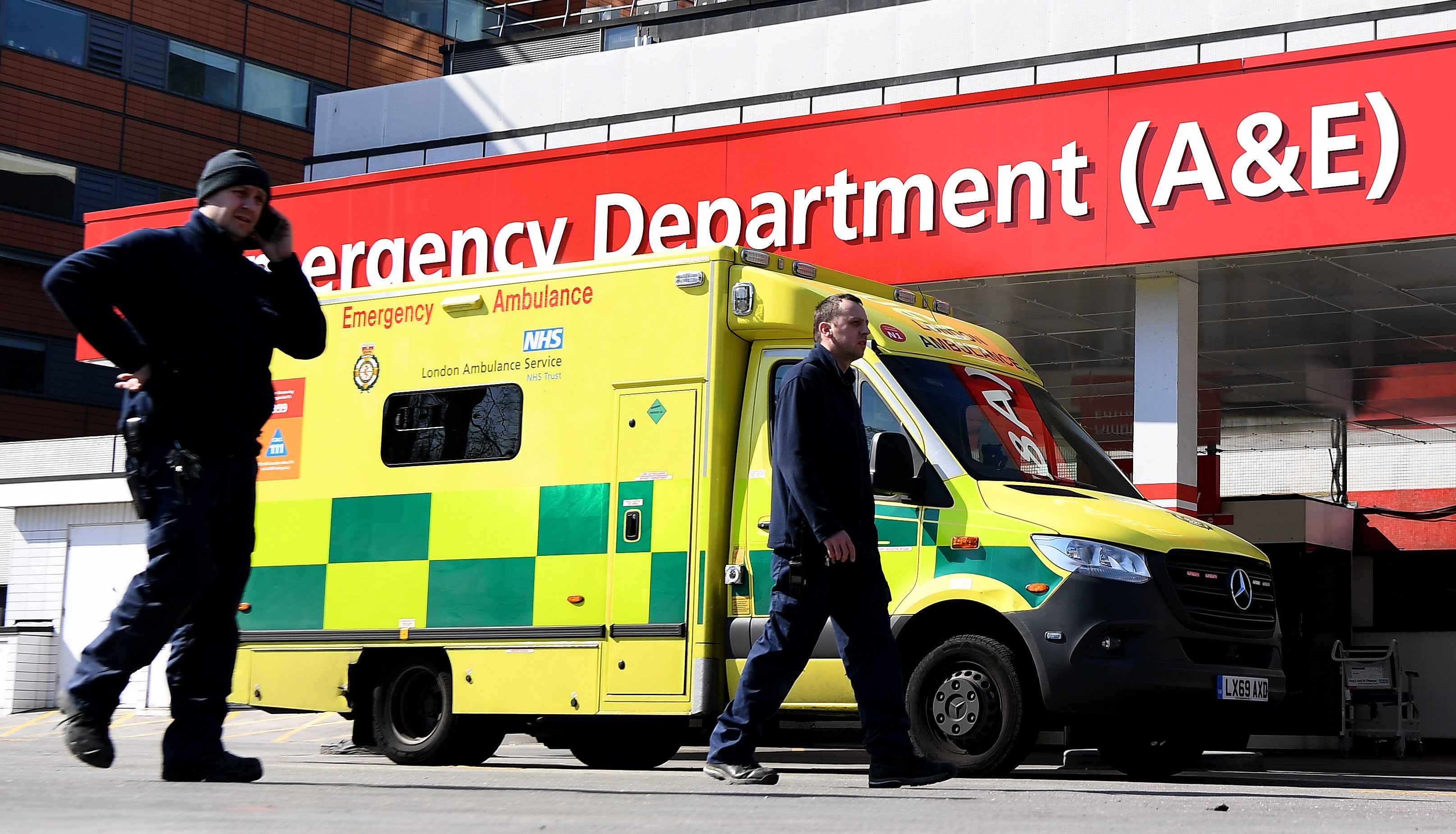
Willis stayed in touch with all the women featured in the documentary during their pregnancy, birth and beyond. Especially as they were experiencing a lot of extra anxiety already, the presenter is very grateful to these women for agreeing to film themselves. “How amazing that with all of that going on – pregnancy, Covid – they went, 'Alright, I'll get my camera phone out and document everything for you for four months.'
“It was so nice of them to do that. Hopefully it was a welcome distraction from everything that was going on, too. But it's also a lovely little piece of evidence of what happened when they had a baby during a pandemic.”
Watching the series might also help remind us how scandalously underpaid many impossibly stretched NHS workers are. Willis agrees. “They're our heroes. They're our rockstars, and they should have much better pay. I mean, it's a no brainer, isn't it? Come on!
“We pay the people who save human lives peanuts. It doesn't make any sense. When it was suggested the other week that we might bring back Clap for Carers, people were saying, 'Let's not clap our carers, let's pay our carers'. You have to appreciate and respect them, but let's pay them properly.”
Did making this series heighten Willis' respect for what midwives do, then? “I've grown up around them, so the respect I had for them was through the roof as it was. Yes, it's a job, but it's also a massive physical and emotional investment. You've got to really give a s**t about people to do that job.
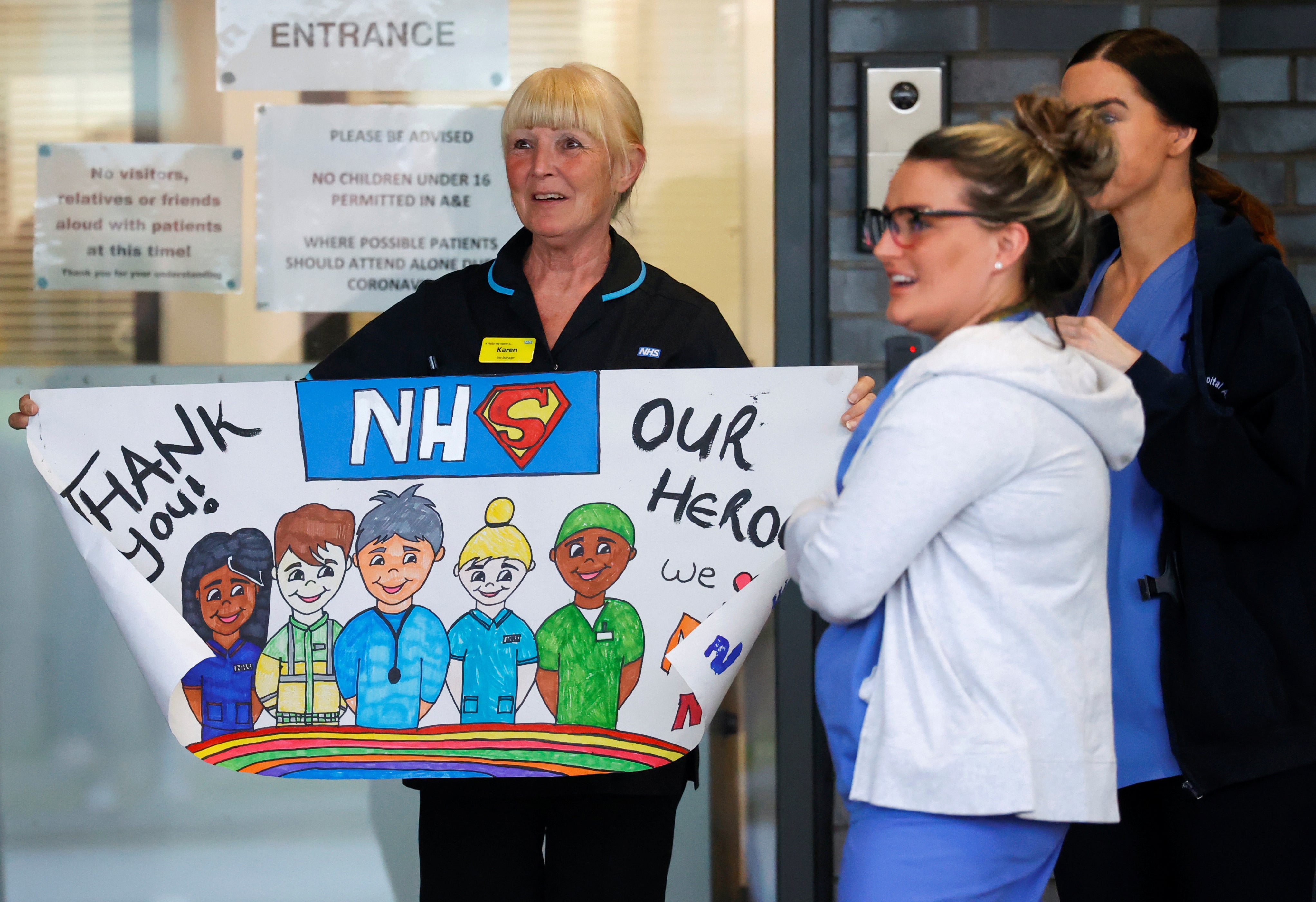
“Lots of people who don't give a s**t about people couldn't do that job. You really, really have to care. Otherwise, there's no point in you being there. They are the best of the best. They really couldn't do their job if they weren't that type of person. So I think that was what sealed it for me. They really are a very special type of human.”
Willis hopes that once the pandemic is finally over we will not forget our gratitude towards NHS staff. “Obviously, there is a massive spotlight on them at the minute because they are our heroes. They're our frontline workers, they are the ones who are truly fighting what's going on, and it is essential that they are our focus now.
“But we have to remember to keep them as our focus and not forget what they've done. It's very easy to go, 'Oh, OK, things are back to normal now it's over. Let's just crack on with the life we had beforehand.'”
Even when it's over for us, though, “The people who work for the NHS will carry what they've seen and been through probably for the rest of their lives. Who knows the after-effects on their mental health.
“And so we've got to do as much as we can for them going forward as they do for us now. I just want the appreciation to continue. Let's not forget what they've done.”
Willis clearly loves her work as an MCA. Would she ever consider chucking in the TV gig to train to be a full-time midwife? She admits that, “I do keep that in the back of my head."
She says: “This [her TV career] will all end one day, and maybe I would train then. On the ward, I came across quite a few women who waited till they had had their own families and their kids had grown up and had gone to uni, before going back to doing what they wanted to do and training in midwifery. So there is always time.”
Looking back on the series, Willis hopes that it may provide a chink of light in this darkest of times. “There's such sadness everywhere you look. You can't turn the news on without seeing it, and you're constantly hearing about a friend of a friend who's suffered from it. It's just absolutely devastating.
“But at the same time, there are wonderful little moments happening everywhere, and people's lives are changing for good reasons. They're welcoming babies into the world. Talk about changing your life in the space of an hour! At a really devastating time, there's real joy happening as well. So I hope this series will bring a little bit of joy and positivity to people.”
Before we part, Willis returns one last time to the miracle of birth. She confesses that she still cries every time she witnesses a new baby arriving. “I can't help myself! It doesn't get old. I did think that eventually I'd stop crying, but I haven't.”
A pause, before she concludes with a laugh: “Obviously the women I work with have seen so many births, and they tell me, ‘Don’t worry. After about 20 or 30 years, you’ll stop crying!’”
‘Emma Willis: Delivering Babies in 2020’ goes out on the W Channel at 10pm on 15 February
Join our commenting forum
Join thought-provoking conversations, follow other Independent readers and see their replies
Comments



Bookmark popover
Removed from bookmarks